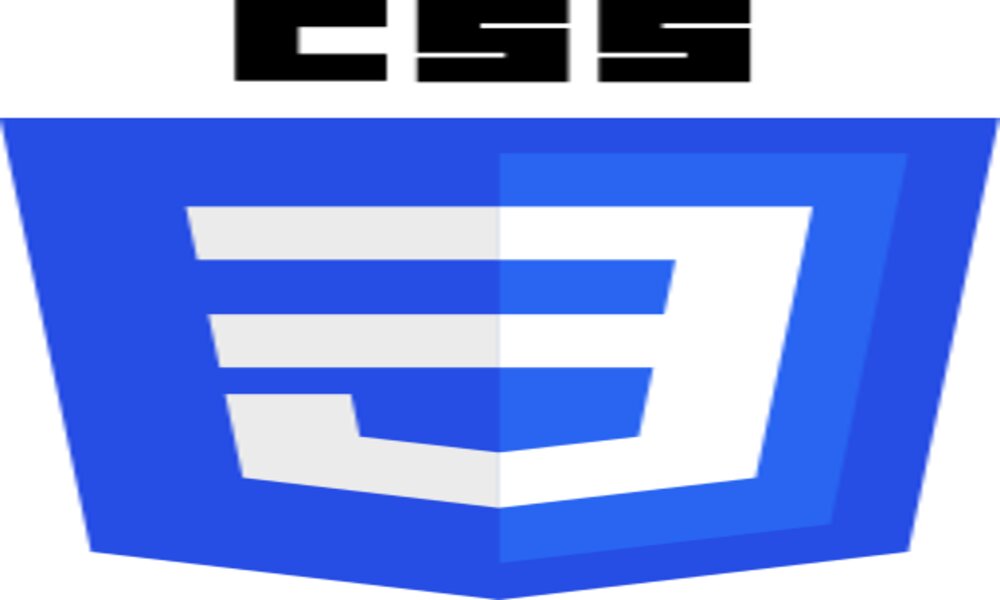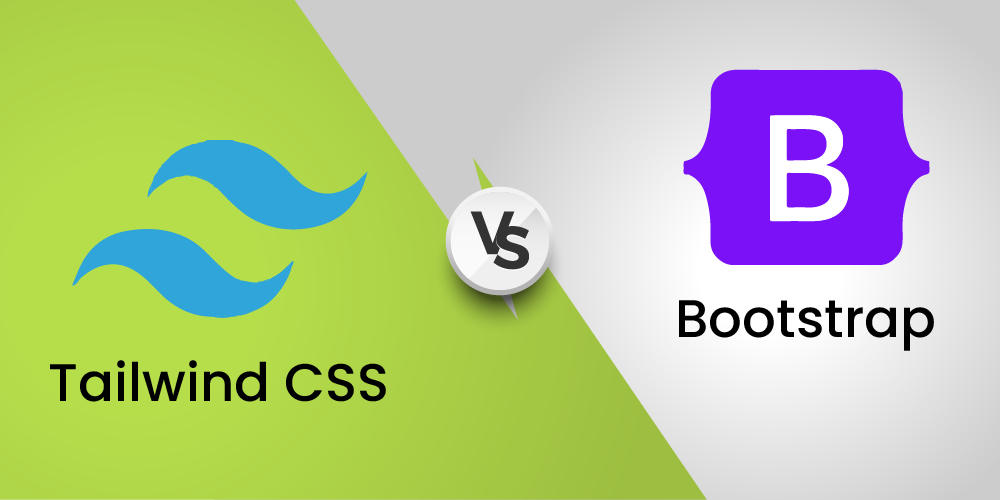In the fast-paced digital realm, where every millisecond counts, website performance emerges as a crucial factor in determining user satisfaction and engagement. Among the myriad of elements influencing website speed, Cascading Style Sheets (CSS) play a pivotal role. CSS governs the presentation and layout of web pages, impacting everything from font styles to color schemes and page structures. However, the uncompressed CSS can significantly impede website loading times, hence the imperative need for CSS compression.
Understanding CSS Compression
CSS compression refers to the process of reducing the size of CSS files by eliminating unnecessary whitespace, comments, and redundant code while preserving the functionality and style rules. This optimization technique serves a dual purpose: enhancing website loading speed and reducing bandwidth consumption. By minimizing the file size of CSS resources, compression facilitates quicker downloads, resulting in faster page rendering and improved user experiences.
The Significance of CSS Compression for Website Performance :-
- Speed Optimization: One of the primary benefits of CSS compression is accelerated website loading times. Compressed CSS files are lighter and quicker to download, reducing the time required for browsers to retrieve and parse style information. As a result, web pages load faster, leading to reduced bounce rates and enhanced user retention.
- Bandwidth Conservation: In an era characterized by escalating internet usage and mobile browsing, conserving bandwidth emerges as a critical concern for website owners. By compressing CSS files, webmasters can mitigate bandwidth usage, particularly on mobile devices and networks with limited data plans. This not only enhances accessibility but also minimizes operational costs associated with data transmission.
- Improved SEO Performance: Website speed is a vital ranking factor in search engine algorithms, with faster-loading sites often enjoying better visibility and higher rankings in search results. CSS compression contributes to improved site performance, thereby positively impacting SEO metrics such as bounce rate, dwell time, and overall user engagement. Consequently, compressed CSS indirectly influences organic search visibility and traffic.
- Enhanced User Experience: In the digital age, where users demand instant gratification and seamless browsing experiences, website performance holds paramount importance. By optimizing CSS files through compression, webmasters can deliver snappier, more responsive websites that cater to the expectations of modern-day users. This, in turn, fosters positive perceptions of brands and encourages repeat visits and conversions.
Implementing CSS Compression: The Role of CSS Compressor Tools
The implementation of CSS compression necessitates the utilization of specialized tools known as CSS compressors. These tools streamline the compression process by automatically analyzing CSS files and removing extraneous characters and whitespace without compromising code integrity. CSS compressor tools offer various features and customization options, allowing web developers to tailor compression settings according to specific requirements.
Conclusion
In the dynamic landscape of web development, where user experience reigns supreme, optimizing website performance is non-negotiable. CSS compression emerges as a fundamental technique for enhancing website speed, conserving bandwidth, and improving overall user satisfaction. By leveraging CSS compress tools and adopting best practices for optimization, webmasters can unlock the full potential of their websites, delivering seamless experiences that captivate and retain audiences in an ever-evolving digital ecosystem.























